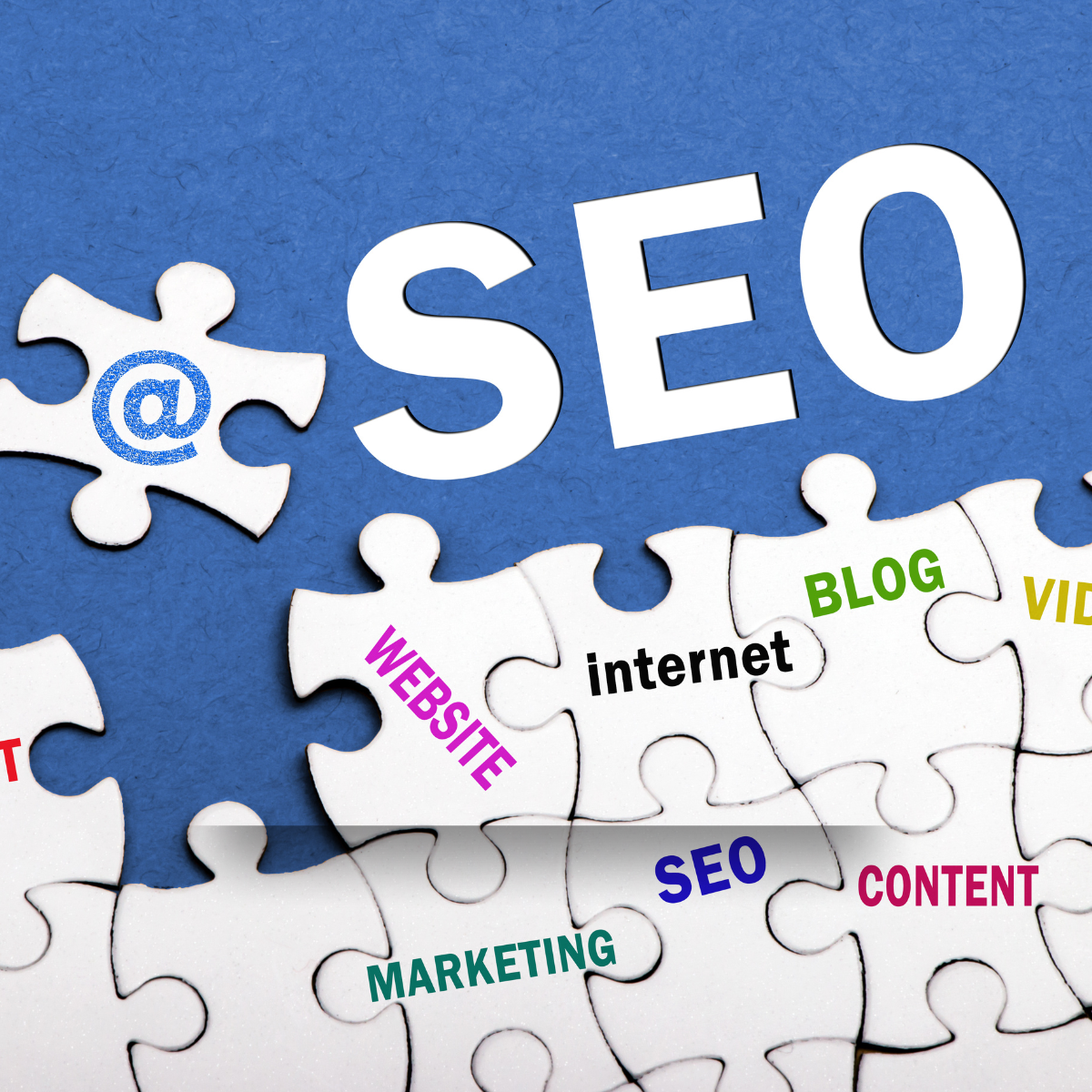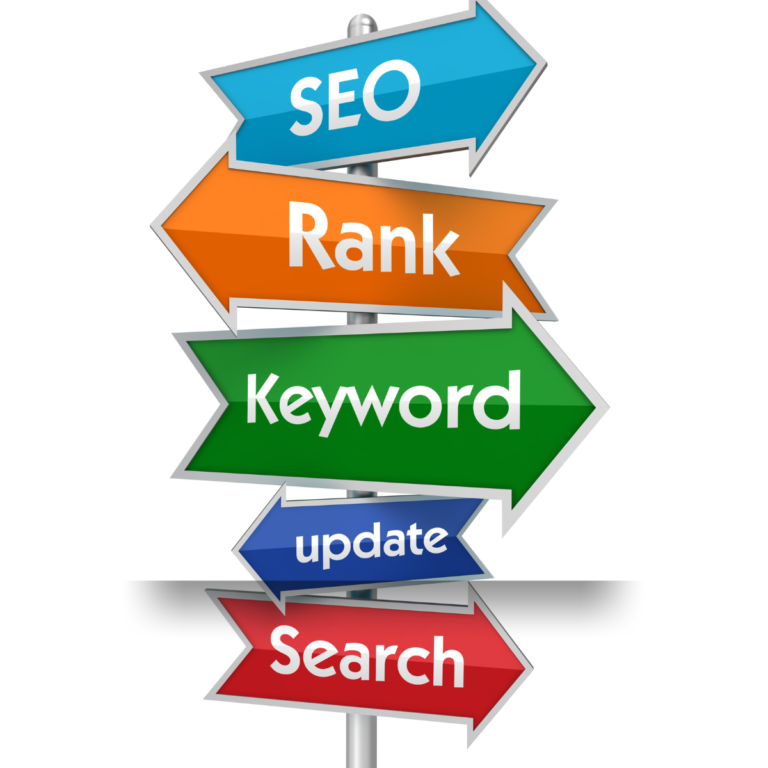
The Ultimate Solution for Busy Entrepreneurs

Struggling to manage your website while running your business? We've got you covered with a completely hands-off small business website for just $99 a month!
Ready to take the next step? Click here to schedule your 30-minute consultation and make your business life easier than ever.
Let’s talk about the cost of designing a website for small businesses. At Host SMB, we specialize in building websites tailored to the unique needs of small businesses. We understand that budget constraints can be a concern, so we’re here to provide you with some valuable insights into the cost of small business website design. Whether you’re just starting out or looking to revamp your current website, we’ve got you covered. Let’s explore the factors that influence the cost and find the perfect solution for your business.
Understanding Small Business Website Design Costs
When it comes to creating a website for your small business, understanding the costs involved is crucial. Small business website design costs can vary greatly depending on various factors such as complexity, number of pages, additional features, and the experience level of the designers. In this article, we will delve into the details of these cost factors, discuss the ongoing costs after website design, compare the costs of DIY versus hiring a professional, provide tips to save on website design costs, and highlight the return on investment in website design.
Defining Small Business Website Design
Before we delve into the costs, let’s first understand what small business website design entails. Small business website design refers to the process of creating and building a website specifically for a small business or enterprise. It involves various aspects such as web development, web design, domain registration, web hosting, and incorporating additional features or functionalities to meet the specific needs of the business.
Transform Your Business, Transform Your Life

Why Choose Host SMB Limited?
World-Class Design Meets Functionality
We don't just build websites; we create experiences. Our team of seasoned professionals designs custom, responsive websites optimized for both mobile and desktop. Your small business is unique; your website should be too. We have packages starting at $99 a month for all of your website needs taken care of.SEO Ready and Built for Growth
A beautiful website is just a start. We lay the foundation for your online success by implementing proven SEO strategies that make your site easily discoverable.Importance of Having a Small Business Website
Having a website for your small business is no longer just an option – it has become a necessity in today’s digital age. A well-designed website serves as a virtual storefront for your business, allowing potential customers to discover and learn more about your products or services. It also establishes credibility, enhances brand presence, and provides a platform for customer interaction and engagement. Furthermore, a website can significantly boost your online visibility and give you a competitive edge in the market.
Typical Cost Range for Small Business Website Design
The cost of small business website design can vary widely depending on the specific requirements and preferences of the business. However, as a general guideline, the typical cost range for small business website design can range from a few hundred dollars to several thousand dollars. It is important to note that while budget-friendly options exist, investing in a well-designed and professional website is a vital aspect of building a successful online presence for your small business.
Factors Influencing Small Business Website Design Costs
To understand the cost breakdown further, let’s take a closer look at the key factors that influence small business website design costs.
Complexity of the Website Design
The complexity of the website design is one of the primary factors that determine the overall cost. A simple and straightforward website with basic features and functionalities will naturally cost less compared to a complex, custom-designed website that requires extensive coding and advanced features. The more intricate and customized your website design is, the more time and effort will be required, resulting in higher costs.
The Experience Level of the Designers
The experience level of the designers you choose to work with can also impact the cost of website design. Designers with a higher level of expertise and experience often charge higher rates for their services. While opting for a less-experienced designer may help reduce costs, it is important to consider the quality and professionalism of the end result when making your decision.
The Number of Pages Needed
The number of pages needed for your website is another factor that affects the cost. Each web page requires design, development, and content creation, so the more pages you require, the more time and effort will be needed, resulting in higher costs. It is essential to carefully consider the number of pages necessary to effectively showcase your business while keeping in mind your budget constraints.
Additional Features or Functionalities
Incorporating additional features or functionalities into your website can also impact the overall cost. Features such as e-commerce functionality, contact forms, blog integration, or social media integration may require additional development work and customization, leading to increased costs. It is important to prioritize the features that are essential for your business and carefully consider the additional costs involved.
Breakdown of Small Business Website Design Costs
Let’s now break down the costs involved in small business website design to help you gain a better understanding of where your budget may be allocated.
Cost for Domain and Hosting
A crucial initial cost is the purchase of a domain and hosting services. The domain registration fee covers the cost of acquiring your website’s unique domain name (e.g., www.yourbusinessname.com). The web hosting fee involves selecting a reliable hosting provider that will store your website’s files on a server and ensure its accessibility to your visitors. These costs can vary depending on the provider and the package you choose.
Cost for Web Development
Web development encompasses the technical aspects of building your website, including coding, scripting, and database development. The cost for web development mainly depends on the complexity and functionality required for your website. Hiring a professional web developer or utilizing a content management system (CMS) like WordPress or Shopify may incur additional costs.
Cost for Web Design
Web design involves the visual aesthetics and user experience aspects of your website. This includes the layout, color scheme, typography, and graphical elements that make up your website’s overall look and feel. The cost for web design varies depending on the level of customization, complexity, and the skill and expertise of the designer or design agency you choose to work with.
Cost for SEO and Digital Marketing
In today’s competitive online landscape, investing in search engine optimization (SEO) and digital marketing is crucial for small businesses. SEO involves optimizing your website to rank higher in search engine results, driving organic traffic and increasing visibility. The cost for SEO and digital marketing can vary depending on the scope and goals of your marketing campaign. It is important to consider allocating a portion of your budget towards these ongoing marketing expenses.
Details of Website Creation Costs
Let’s now dive deeper into the specific details surrounding website creation costs.
Domain Registration Fee
The domain registration fee typically ranges from $10 to $50 per year, depending on the domain registrar and the popularity of the domain name. It is important to choose a domain name that reflects your business and is easy to remember to enhance your brand’s online presence.
Web Hosting Fee
The cost of web hosting can vary significantly depending on the hosting provider and the package you choose. Shared hosting, which involves sharing server resources with other websites, is generally the most affordable option, ranging from $3 to $10 per month. Virtual private servers (VPS) and dedicated hosting are more expensive options that provide additional resources and performance.
The Cost of CMS like WordPress or Shopify
If you choose to utilize a content management system (CMS) like WordPress or Shopify to build your website, there may be additional costs involved. While these CMS options offer user-friendly interfaces and pre-designed templates, there may be fees for premium themes, plugins, or extensions that provide additional functionality and customization options.
Continuing Costs After Website Design
After the initial website design, it is important to consider the ongoing costs involved in maintaining and updating your website.
Cost of Website Maintenance
Regular website maintenance is crucial to ensure optimal performance, security, and functionality. Website maintenance costs can include software updates, security monitoring, bug fixes, and backups. Depending on the complexity of your website, the cost for website maintenance can range from a few hundred dollars to several thousand dollars per year.
Cost of Updating Website Contents
Updating your website’s content is an ongoing task that helps keep your website fresh and relevant. This includes adding new products or services, updating pricing information, publishing blog posts, or making any other necessary changes. The cost for updating website contents can vary depending on the frequency and extent of the updates required.
Cost of Search Engine Optimization (SEO)
Investing in SEO is crucial to improve your website’s visibility and organic traffic. The cost of SEO services can vary depending on the scope and goals of your SEO campaign. SEO costs often include keyword research, on-page optimization, link building, and regular analysis and reporting.
Cost of Digital Marketing and Advertising
Effective digital marketing and advertising strategies can significantly impact your online visibility and business growth. Costs for digital marketing campaigns, including social media advertising, pay-per-click (PPC) campaigns, email marketing, or content marketing, can vary depending on the scope, duration, and goals of the campaign. It is essential to allocate a portion of your budget towards these ongoing marketing efforts.
Cost of Updating and Redesigning Your Website
Website updates and redesigns are important to keep up with evolving trends and technology, improve user experience, and stay ahead of your competitors.
Why Updating and Redesigning are Important
Technology and design trends evolve rapidly, and it is important to keep your website updated to stay relevant and appealing to your target audience. A website that appears outdated or lacks modern functionality may discourage potential customers and hurt your business. Regular updates and redesigns can enhance user experience, optimize your website for mobile devices, improve loading speed, and incorporate new features that meet the changing needs and expectations of your audience.
Typical Cost Range for Website Updates and Redesign
The cost of website updates and redesigns can vary depending on the extent of the changes required. Updates that involve minor changes to content or layout may be relatively cost-effective, ranging from a few hundred dollars to a couple of thousand dollars. On the other hand, a complete redesign that encompasses a new layout, design elements, and functionality may cost several thousand dollars to tens of thousands of dollars.
Factors That Can Affect Update and Redesign Costs
Several factors can influence the cost of website updates and redesigns. The complexity of the changes, the number of pages affected, the extent of customization required, and the skill and expertise of the designers can all impact the overall cost. It is important to clearly communicate your requirements and budget constraints to the designers to ensure that the updates or redesign stay within your desired cost range.
DIY vs Hiring a Professional: A Cost Comparison
When it comes to small business website design, you may consider either taking the do-it-yourself (DIY) route or hiring a professional. Let’s compare the advantages and disadvantages of both approaches.
Advantages of DIY
Choosing to design your website yourself can save money, especially if you have a smaller budget. There are various website builders and CMS platforms available that offer user-friendly interfaces and pre-designed templates, making it easier for individuals without extensive technical knowledge to create a website. DIY also offers more control over the design process, allowing you to experiment and make changes at your own pace.
Disadvantages of DIY
While the DIY approach may save you some money, it can also be time-consuming and may not result in a professional-looking website. Designing a website requires careful attention to detail, usability, and user experience, which may be challenging for individuals without a background in web design. Additionally, DIY websites may lack the technical optimization, customization options, and functionality that a professional web designer can provide.
Advantages of Hiring a Professional
Hiring a professional web designer offers several advantages. They possess the expertise and experience to create a high-quality, visually appealing website that is tailored to your specific business needs. Professional designers are knowledgeable about the latest design trends, usability best practices, and optimization techniques. They can save you time and effort by handling all aspects of website design, including technical optimization, customization, and ensuring compatibility across different devices and browsers.
Disadvantages of Hiring a Professional
Hiring a professional web designer can be more expensive compared to the DIY approach. Costs can vary depending on the designer’s expertise, level of customization required, and the complexity of the project. Additionally, relying on a professional designer for updates and changes to your website may incur ongoing costs.
Cost Comparison between DIY and Hiring a Professional
While the upfront cost of DIY may be lower than hiring a professional, it is essential to consider the long-term benefits and potential drawbacks of each approach. DIY websites may require ongoing maintenance, updates, and optimization to stay competitive and functional, which can add to the cost over time. Hiring a professional, on the other hand, can provide you with a high-quality, custom-designed website that is optimized for performance, user experience, and search engine rankings.
How to Budget for Small Business Website Design
Setting a realistic budget for your small business website design is crucial to ensure that you allocate resources effectively and achieve the desired results. Here are some tips to help you create a budget that suits your needs:
Understanding Each Cost Factor
Start by understanding the various cost factors involved in small business website design, as discussed earlier in this article. Take into consideration factors such as domain and hosting costs, web development and design costs, ongoing maintenance and marketing costs, and potential expenses for website updates or redesigns. Carefully assess your business requirements and prioritize accordingly.
Setting a Realistic Budget
Consider your overall marketing budget and ascertain how much you can allocate specifically for website design. While it may be tempting to opt for the cheapest option, keep in mind that investing in a professionally designed website can yield significant returns in terms of online visibility, credibility, and customer engagement. Set a realistic budget that allows for a balance between quality and affordability.
Allocation of Budget Across Different Requirements
Once you have set a budget, allocate it strategically across the various requirements of your website. Determine the portion that can be dedicated to domain registration and web hosting, web development and design, ongoing maintenance and marketing, as well as potential updates or redesigns in the future. Prioritize the aspects that are essential for your business and allocate funds accordingly.
Tips to Save on Small Business Website Design Costs
While it is important to invest in a well-designed and professional website, here are some tips to help save on small business website design costs:
Selecting the Right Platform
Choose a platform or content management system (CMS) that suits your business needs and budget. Platforms like WordPress or Shopify offer affordable options that provide user-friendly interfaces, pre-designed templates, and customization options. Research different platforms and assess their features, pricing, and scalability before making a decision.
Incorporating Only Necessary Features
Carefully consider the features and functionalities that are essential for your business. Adding unnecessary elements can increase costs without providing significant benefits. Prioritize features that enhance user experience, showcase your products or services, and facilitate customer interactions. You can always add additional features as your business grows and your budget allows.
Taking Advantage of Free Resources
Utilize free resources available to you, such as free website templates, stock images, or open-source plugins. These resources can help reduce costs while providing a professional look and feel. Ensure that you comply with any licensing requirements and review the terms of use for each resource before implementation.
Opting for Affordable Professional Services
Consider working with freelance designers or smaller design agencies that offer competitive rates without compromising on quality. Research and compare different service providers to find affordable options. Request quotes and evaluate portfolios to ensure that the designer or agency aligns with your business objectives and aesthetic preferences.
Understanding the Return on Investment in Website Design
Investing in a well-designed website can have a significant impact on the success and growth of your small business. Here are some key reasons why website design is a worthwhile investment:
How a Well-Designed Website Benefits Small Businesses
A well-designed website enhances your brand’s credibility and professionalism, establishing trust with potential customers. It provides a platform for showcasing your products or services, attracting and engaging customers, and facilitating conversions. With the right design elements and user experience, your website can help differentiate your business from competitors and leave a lasting impression on visitors.
The Impact of Good Web Design on Business Growth
Good web design can significantly impact your business’s growth by driving traffic, generating leads, and increasing conversions. A website that is optimized for search engines can attract organic traffic from search engine result pages, increasing your online visibility. A well-designed website with intuitive navigation and compelling content can convert visitors into customers, resulting in increased sales and revenue. Additionally, an effectively designed website can encourage customer loyalty and repeat business.
Assessing the Return on Investment in Website Design
To assess the return on investment in website design, monitor key performance indicators such as website traffic, conversion rates, and revenue generated through your website. Analyze the impact of website design changes on these metrics to determine the effectiveness of your investment. Additionally, gather feedback from customers and track improvements in customer engagement, satisfaction, and retention.
In conclusion, understanding the costs involved in small business website design is crucial for budgeting and decision-making. By considering factors such as complexity, experience level of designers, number of pages, and additional features, you can estimate the cost range for your website. Additionally, ongoing costs for maintenance, content updates, SEO, and digital marketing should also be accounted for. Comparing DIY and hiring a professional can help you make an informed choice based on your budget and requirements. By setting a realistic budget, incorporating cost-saving tips, and understanding the return on investment, you can make a wise investment in your small business website design.
Unlock the Future of Easy Business Management

Are you overwhelmed by website management tasks? Say no more. Experience the luxury of a hands-off small business website for just $99 a month!
Why wait? Click here to book your 30-minute consultation and simplify your business operations like never before.


